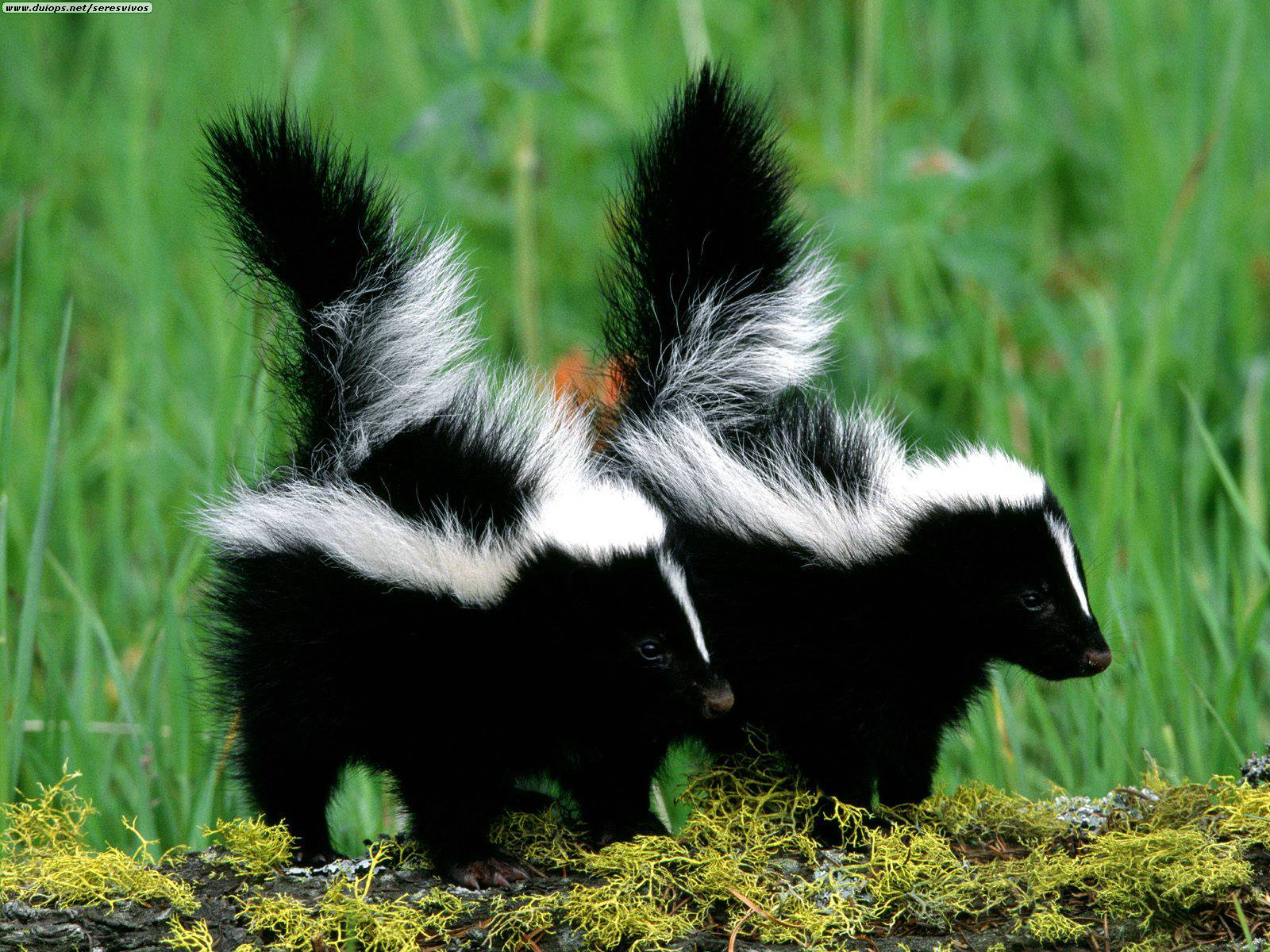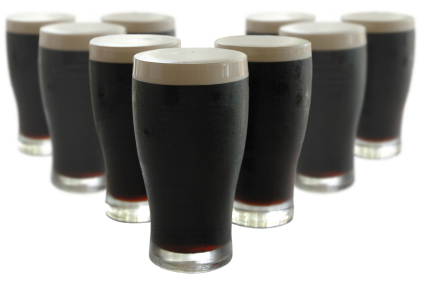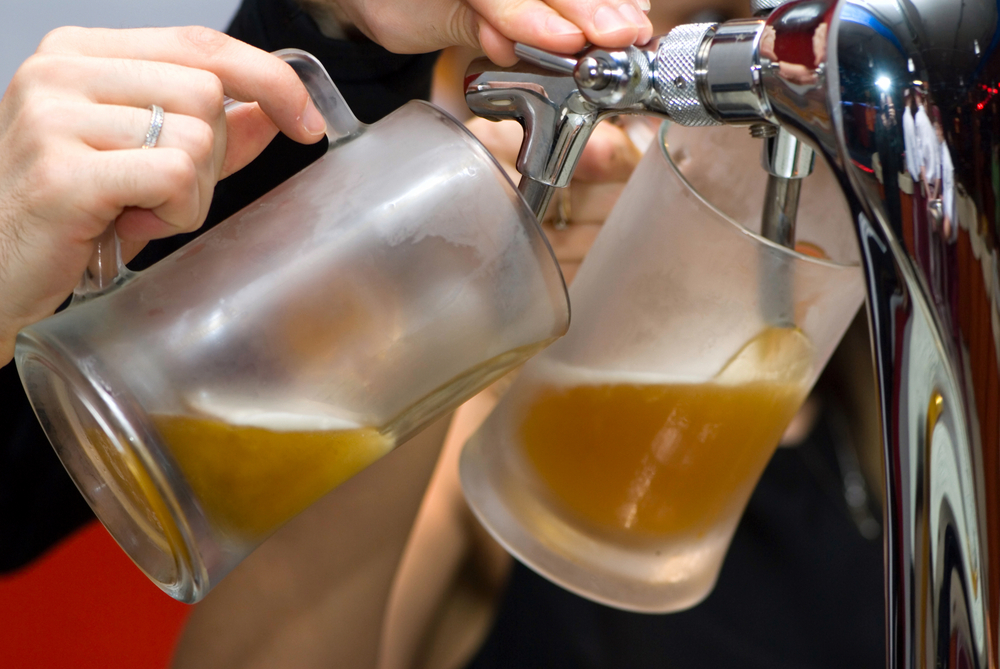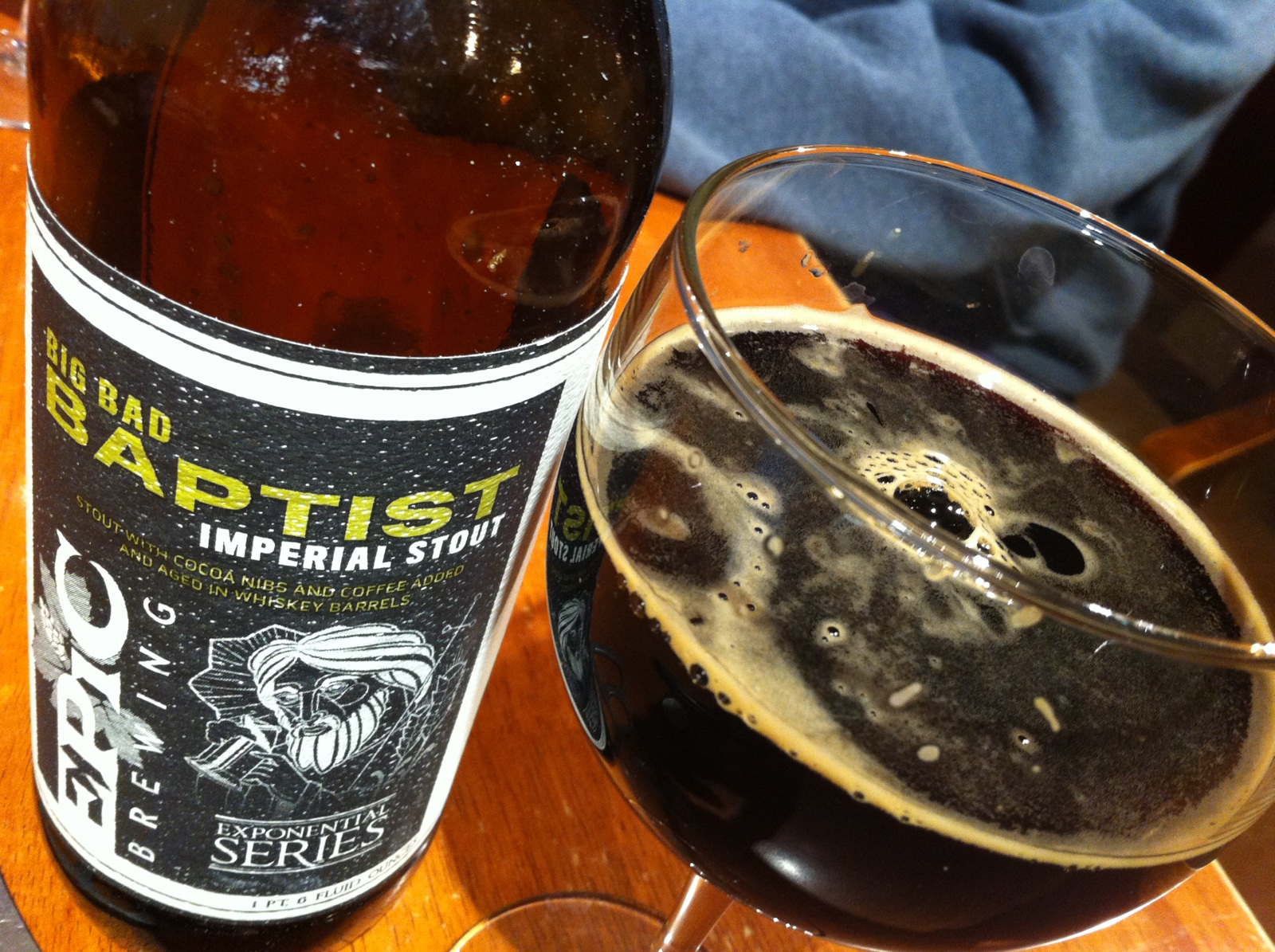Colder is Better and Other Wise Words
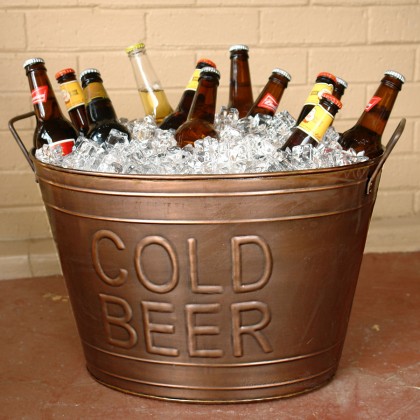
I once again want to tackle the myths that seem to stubbornly hang on regarding beverages. Call them what you will, but most are nothing more than rumor, second-hand innuendo, and wives’ tales that somehow get accepted as fact by the uneducated masses.
Just because some bartender at your favorite club swears it’s true because it happened to his friend, doesn’t make it so. So strap in and learn a little something about what actually goes on in your glass so you don’t make the beverage mistakes that do result in a lousy tasting product.
The issue at hand that has bothered me lately is the myth that it’s best to buy warm beer if you don’t intend to refrigerate it after purchase, because somehow the beer gets skunky if it goes from cold to warm, back to cold. Let me begin by saying that this belief is completely false. There is NEVER any reason to choose beer that is kept warm over beer that is kept cold. In fact, the only time you’ll ever find warm beer for sale in the United States is when it’s improperly stored at the retail level, as breweries know better.
Let’s define a couple things regarding beer flavor (warning – I need to use some scientific terms). Skunky character in beer is the result of a very specific reaction between light, and the iso-alpha acids extracted from hops during brewing that give beer its bittering taste to balance sweetness. Light in the wavelength of 350-500 nm is the major worry. It causes a portion of the iso-alpha acid molecule to react with sulfur containing compounds to form a molecule called 3-methyl-2-butene-1-thiol (MBT), especially if riboflavin is present (which beer has in abundance). MBT is a fairly stinky molecule that is one of the components of skunk spray, and is sensed at very low concentrations by the average person.
The reaction occurs quite rapidly, and will cause any beer with susceptible hop acids to go skunky. The reaction is avoided by using reduced hop extracts in brewing, or by simply storing and packaging beer in containers that limit light exposure, such as cans, kegs, or brown glass bottles. You can think of beer like you would any other perishable food product when it comes to freshness, except that old beer won’t make you sick, it just tastes stale once it passes its optimal freshness point. Beer has a given shelf life from the time it’s brewed, which will vary depending on the style of beer and its chemical make-up in the way of alcohol, hop extract, etc. A dark, heavy beer with high alcohol content will usually keep its freshness longer than a light bodied, low alcohol beer for instance.
The one giant variable in the equation, though, is the temperature the beer is kept at. Staling and spoilage reactions in all foods go much faster at warmer temperatures than they do colder ones. That reason alone is why you should ALWAYS buy your beer cold regardless of how you’re going to store it when you get home. When it comes to beer staling, the generalized stages of flavor change are a decline in hop bitterness, a loss in the fruity/floral essence from finishing hops and fermentation esters, the development of what’s called ribes (described as blackcurrant leaves and tomcat aromas), the development of a papery or cardboard like character, the development of bready/honey/toffee character, occasional development of metallic and straw notes, and finally beer becomes woody and sherry-like in character.
The only real worry with beer when it comes to going from cold to warm and back (other than warm beer going stale much faster) is the development of something called chill haze, which makes the beer somewhat cloudy. It’s purely cosmetic though, and rarely ever occurs as the cause behind it is not that common in beer. Plus, most brewers are quite aware of it and their products are produced so as to avoid the issue if they desire a bright and clear beverage. Hopefully that helps those readers out there that were incorrectly informed that buying warm beer was ever a good idea. So, head down to the local brewery or pub and you can now be the voice of reason on matters related to good tasting beer. Just remember to designate a driver if you have a pint or two. Always drink responsibly.
